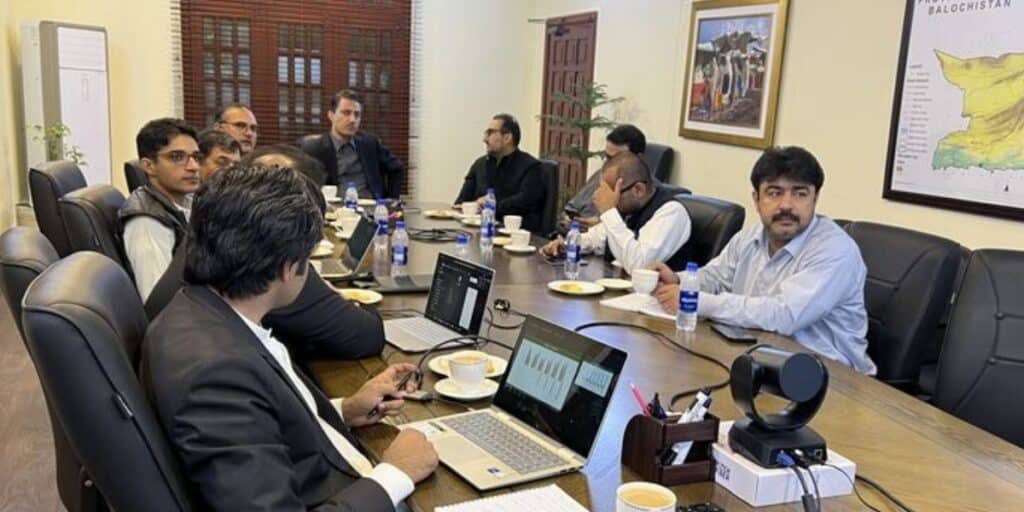Quetta: Confirmation has arrived regarding the restoration of the magistracy system in Pakistan, beginning with Balochistan.
The news, first reported on September 3, has now been officially validated as the Balochistan cabinet approved the granting of First-Class Magistrate powers.
In Balochistan news updates, Under Section 14-A of the Code of Criminal Procedure (Balochistan Amendment Act 2021), the provincial government has authorized Deputy Commissioners, Additional Deputy Commissioners, and Assistant Commissioners across Balochistan to exercise full magistrate powers.
These officers can now conduct immediate hearings of cases within their respective jurisdictions.
BAlochistan News Updates:
Additionally, district officials have been empowered to hear cases related to crimes and regulatory violations—including forest protection and mines and minerals offences—under provincial and federal laws, ensuring quicker legal action and enforcement.
The magistracy system in South Asia dates back to the British colonial administration, where district magistrates combined executive and limited judicial powers to maintain law and order.
After Pakistan’s independence, deputy commissioners traditionally held dual roles as administrative heads and executive magistrates, authorized to enforce local regulations, adjudicate minor criminal matters, and oversee public safety.
In 2001, during nationwide administrative reforms, Pakistan largely dismantled the executive magistracy, separating judicial functions from the executive to strengthen the independence of the judiciary.
However, the absence of this system in several provinces created challenges in tackling petty crime, enforcing municipal regulations, and responding swiftly to local disputes.
Recognizing these gaps, provinces like Punjab, Sindh, Khyber Pakhtunkhwa, and now Balochistan have gradually reintroduced aspects of the magistracy.
The revival typically grants First-Class Magistrate powers to deputy and assistant commissioners, enabling them to conduct on-the-spot trials for minor offences, regulate pricing, curb hoarding, and handle violations in areas such as environmental protection, mining, and public order.
ALSO READ: Postgraduate institute to be transformed on digital system
Supporters argue that the restored system allows for faster resolution of local issues and strengthens governance, while critics caution about maintaining checks and balances to avoid misuse of executive authority.





